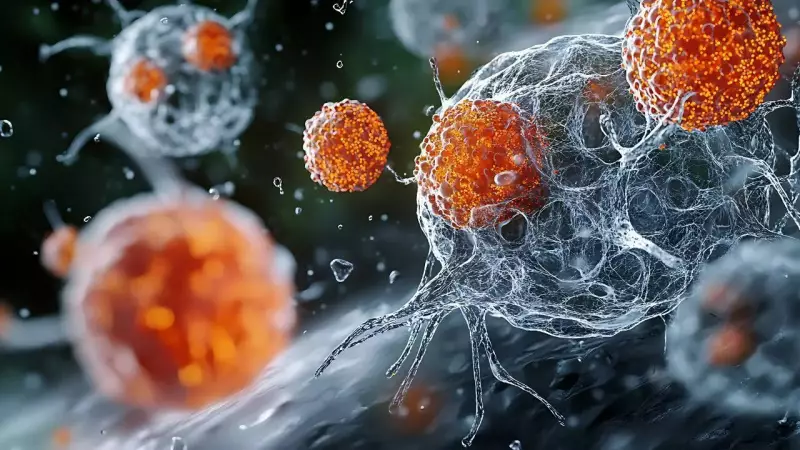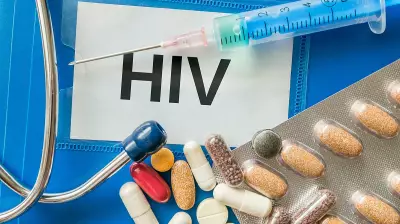
In an increasingly interconnected world, understanding contagious diseases has never been more critical. These invisible threats can travel across continents in hours, making global health awareness essential for every individual and family.
The World's Most Contagious Health Threats
Medical experts have identified several diseases with exceptionally high transmission rates that continue to challenge healthcare systems worldwide. Here are the five most contagious diseases and how to protect yourself from them.
1. COVID-19: The Modern Pandemic
Transmission: Primarily spreads through respiratory droplets when infected people cough, sneeze, or talk. Airborne transmission in poorly ventilated spaces remains a significant concern.
Protection: Vaccination remains your first line of defense. Continue practicing good hand hygiene, wear masks in crowded indoor settings, and maintain physical distancing when possible.
2. Measles: The Childhood Menace
Transmission: One of the most contagious viruses known, measles spreads through airborne particles that can linger in spaces for up to two hours after an infected person leaves.
Protection: The MMR (measles, mumps, rubella) vaccine provides excellent protection. Ensure children receive both recommended doses for maximum immunity.
3. Influenza: The Seasonal Invader
Transmission: Spreads through respiratory droplets and contaminated surfaces. Seasonal variations make it a recurring global challenge.
Protection: Annual flu vaccination is crucial. Practice respiratory hygiene by covering coughs and sneezes, and regularly disinfect frequently touched surfaces.
4. Tuberculosis: The Ancient Foe
Transmission: Spreads through airborne particles when infected individuals cough, speak, or sing. Close, prolonged contact typically required for transmission.
Protection: BCG vaccination in childhood provides partial protection. Avoid close contact with actively infected individuals and ensure proper ventilation in living spaces.
5. Cholera: The Waterborne Threat
Transmission: Spreads through contaminated water and food, particularly in areas with poor sanitation infrastructure.
Protection: Use only safe, treated water for drinking and cooking. Practice thorough handwashing and maintain proper food hygiene. Oral cholera vaccines are available for high-risk areas.
Universal Protection Strategies
While each disease has specific prevention methods, several universal practices can significantly reduce your infection risk:
- Hand Hygiene: Regular handwashing with soap or alcohol-based sanitizers
- Vaccination: Stay current with recommended immunizations
- Respiratory Etiquette: Cover mouth and nose when coughing or sneezing
- Surface Disinfection: Regularly clean high-touch surfaces
- Healthy Immunity: Maintain overall health through balanced nutrition and exercise
Understanding how diseases spread empowers you to take proactive measures for your health and your community's wellbeing. In our global village, health awareness isn't just personal—it's collective responsibility.






